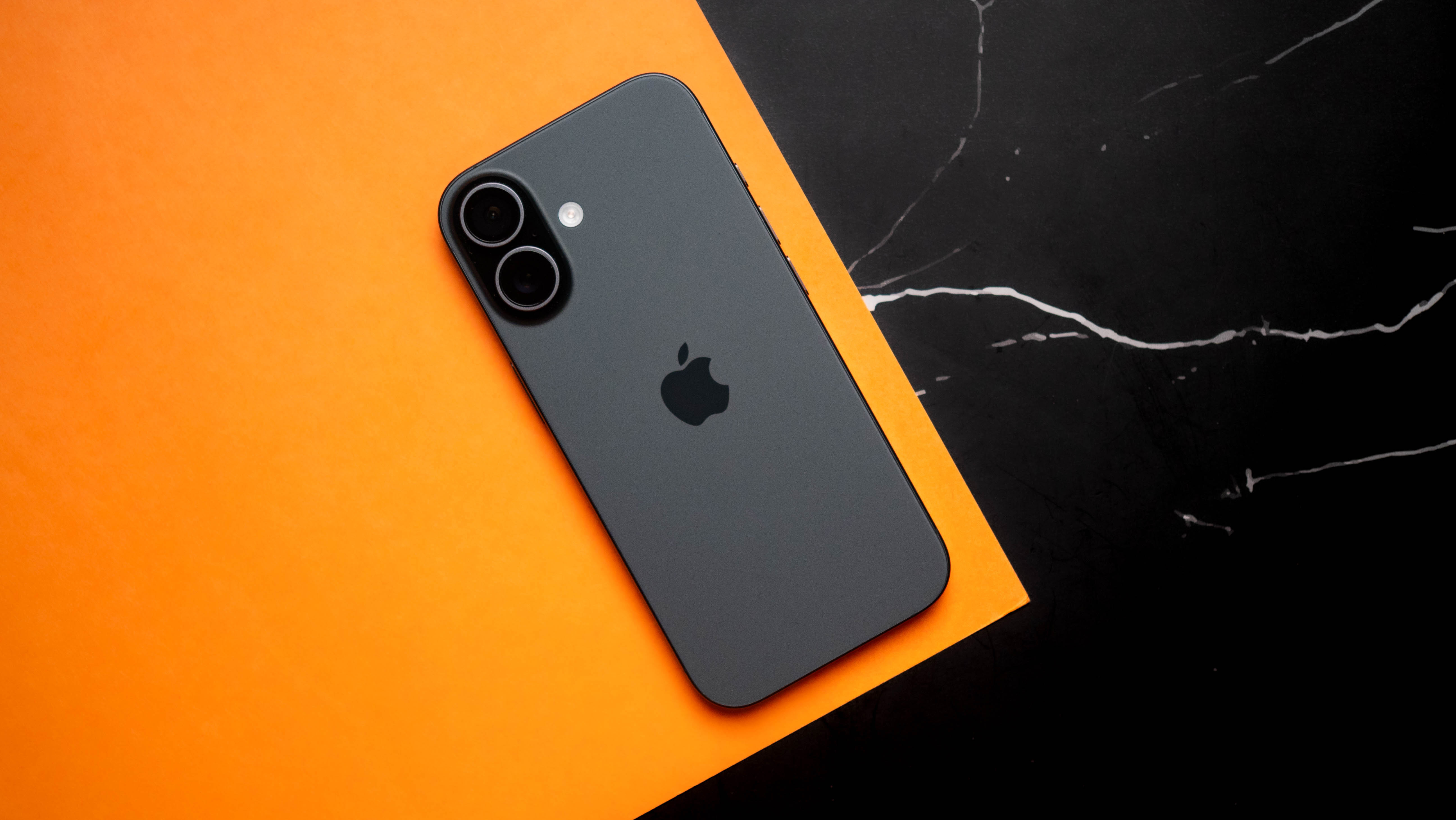Best OnePlus phones
From foldables to flagships and everything in between, OnePlus has something for everyone.
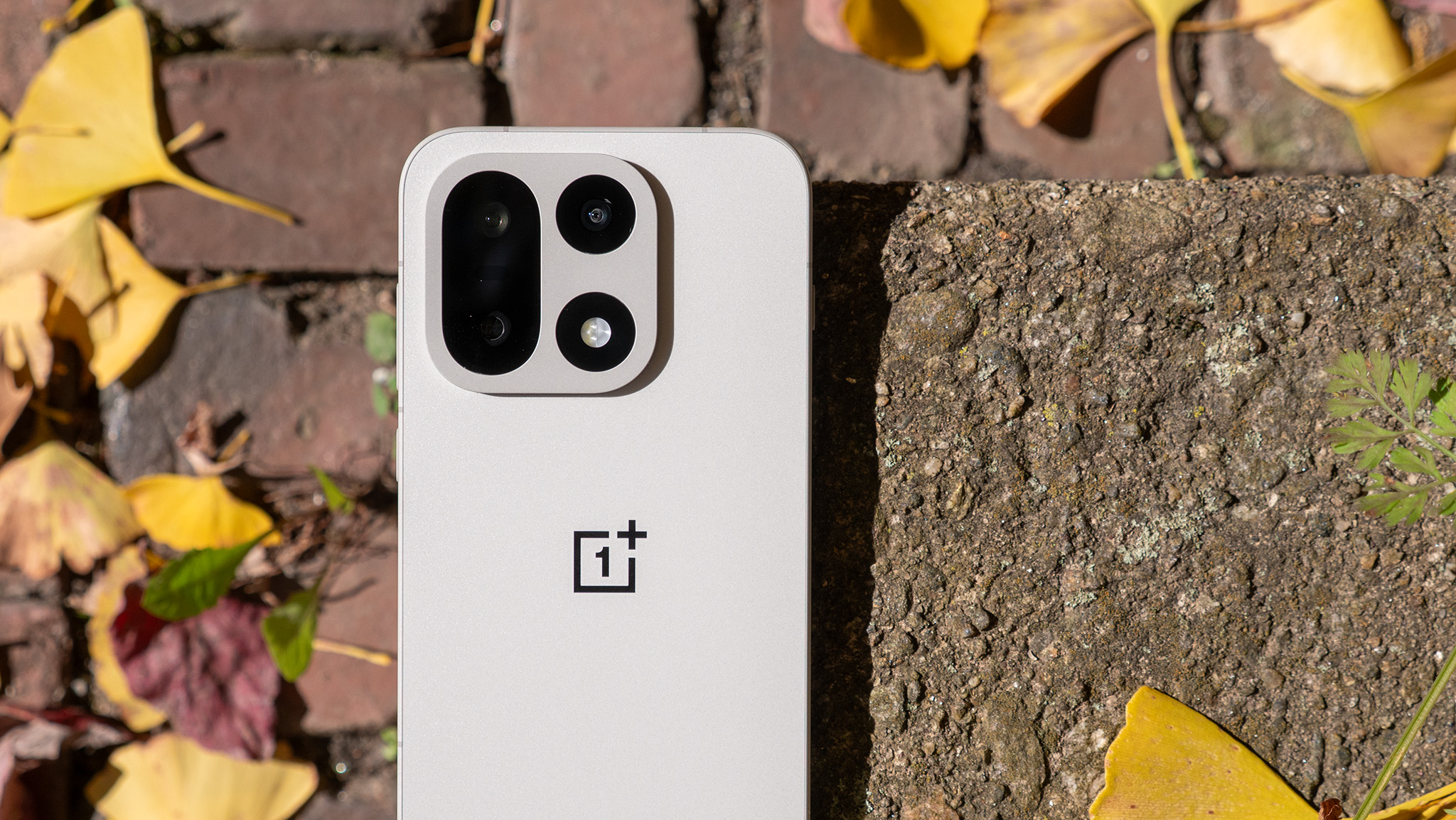
Get the latest news from Android Central, your trusted companion in the world of Android
You are now subscribed
Your newsletter sign-up was successful
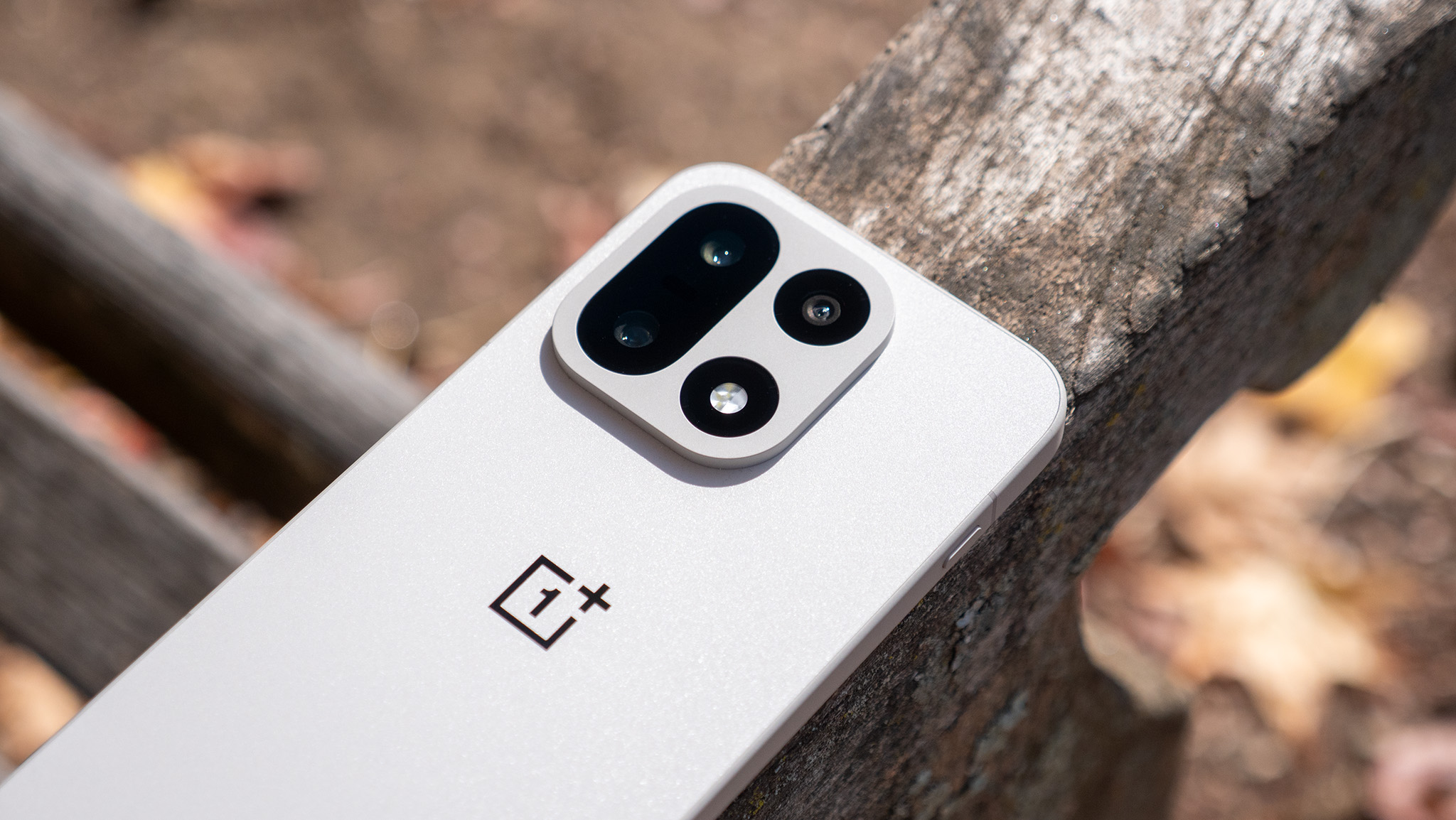
At a glance
1. Best overall
2. Best foldable
3. Best value
4. Best mid-range
5. Best budget pick
6. Still going strong
How to choose
OnePlus is now a global name competing with the likes of Samsung and Google, and recently, it hasn't just competed — it won. OnePlus, now part of Oppo, makes some of the best phones in the world today, and in some areas, it even leads the competition. The OnePlus 13 was the flagship that made its mark on the smartphone market in 2025, and now, the OnePlus 15 is here as its successor.
Whether you want a top-of-the-line OnePlus phone or a mid-tier offering, this list rounds up all the best options. The current best is the OnePlus 15, boasting the top-end Qualcomm processor and an impressive IP69 rating for extreme waterproofing. OnePlus also has foldables and budget phones, plus their older models are still worth getting even today.
At a glance
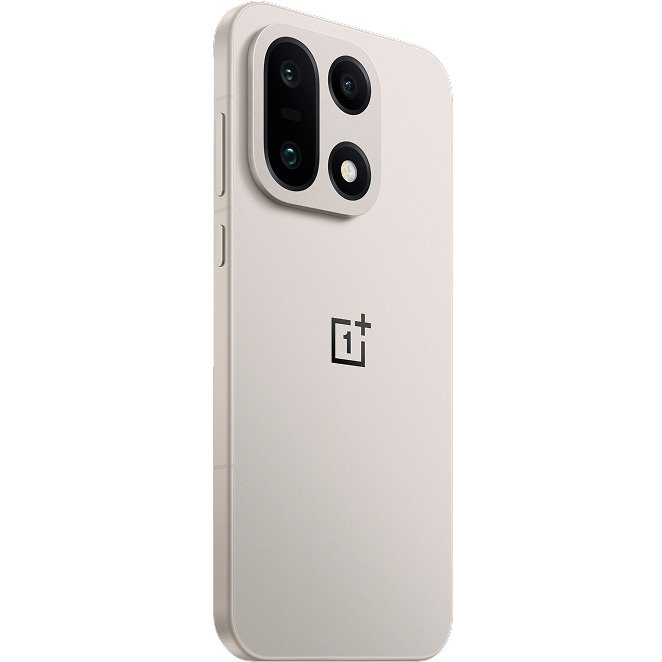
Best overall
The OnePlus 15 is the first flagship to deliver true multi-day battery life, and that's in addition to offering the latest Qualcomm Snapdragon 8 Gen 5 chip. You also get IP69 water-resistance and more.

Best foldable
The OnePlus Open sports a sleek design that's thinner and lighter than most other foldables of its caliber. The best part is that the crease is nearly invisible, and you get some of the best cameras on a foldable yet. If you're still using an older Samsung foldable, you'll need to upgrade to this one.

Best value
Believe it or not, the OnePlus 13R offers even better value than the 12R thanks to big changes to the battery, base storage, and cameras. If you don't really need the best of the best, the 13R offers flagship-level specs minus the hefty price. The phone will hit store shelves in the United States on January 14th.

Best mid-range
The OnePlus Nord 5 is a sizeable upgrade to the Nord 4 in areas like a 6,800mAh battery in the global variant, a 50MP selfie camera, and a more powerful Snapdragon 8s Gen 3 chip.

Best on a budget
The Nord N30 offers some stellar internal hardware, all-day battery life, and a sleek design that just looks good. The camera leaves a little to be desired, and there's only one OS update planned, but at this price, you're getting some incredible value.
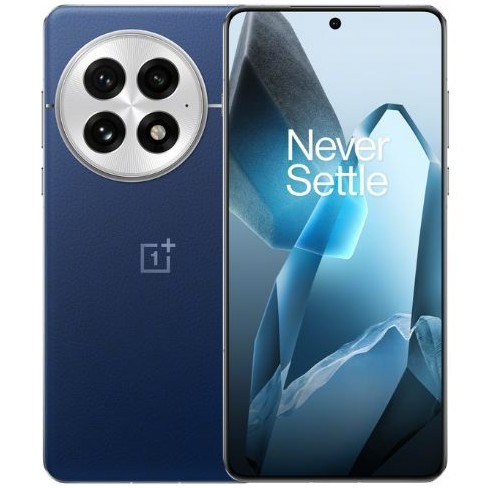
Still going strong
The OnePlus 13 continues to be a standout choice in 2025, offering a vibrant AMOLED panel, powerful hardware, terrific cameras, and decently long software updates. It was a 5/5 phone less than a year ago, and we still love it.
Best overall
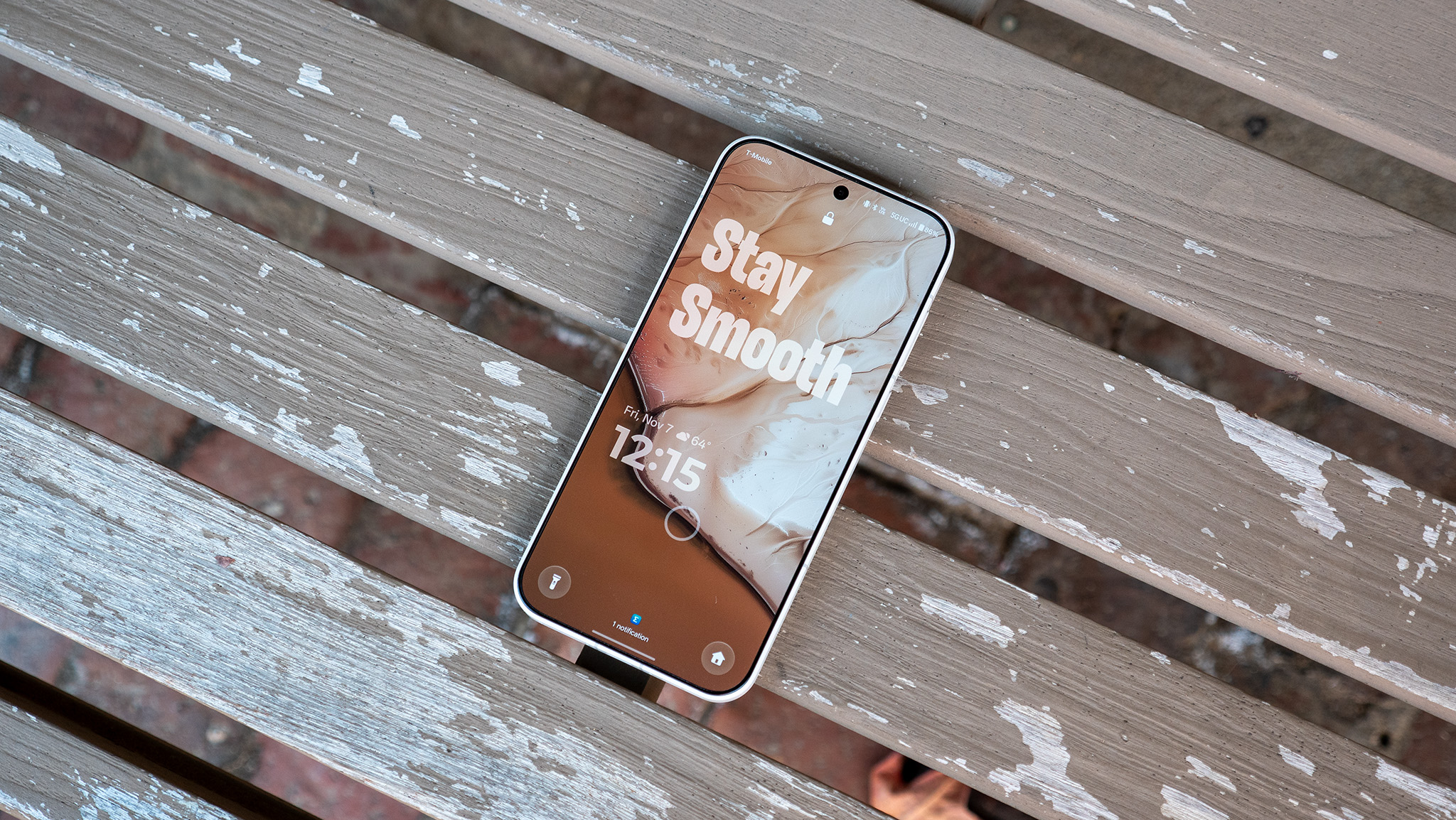
Specifications
Reasons to buy
Reasons to avoid
OnePlus earned a coveted 5/5-star rating with the OnePlus 13, and it came back with a successor less than a year later. It's called the OnePlus 15, and it'll be controversial to some. The phone is completely different from its predecessor, switching to a boxy all-metal design with new hardware changes that could be seen as downgrades. However, it leans in on what OnePlus phones do best — delivering high performance and long battery life at a competitive price point.
The OnePlus 15 is powered by the top-rated Snapdragon 8 Elite Gen 5 processor, plus you get a 6.78-inch OLED screen with a high 165Hz refresh rate. It's designed to be better and more responsive for gaming, but that does come at the expensive of screen resolution. It's a 1.5K-resolution panel now, without QHD+ clarity. It's also now a flat display, although it thankfully retains all of OnePlus' eye-care features.
The battery is the OnePlus 15's best trait — it offers a 7,300mAh lithium-carbon dual-cell battery that makes the idea of multi-day battery something that can actually be achieved. Charging speeds are top-notch at up to 120W.
OnePlus pairs the Snapdragon 8 Elite Gen 5 chip with either 12GB or 16GB of RAM. It does overheat during stress tests, but that's because the processor is much faster than the Snapdragon 8 Elite processor powering its predecessor. In our benchmark tests, the OnePlus 15 cleared many of the best Android phones in multiple categories.
Notably, the OnePlus 15's U.S. availability is to be determined, with the company waiting for FCC approval. The process hit a snag during the U.S. government shutdown, delaying the OnePlus 15's stateside launch. If you need a flagship OnePlus phone and can't wait, grab the OnePlus 13 for now.
Best foldable
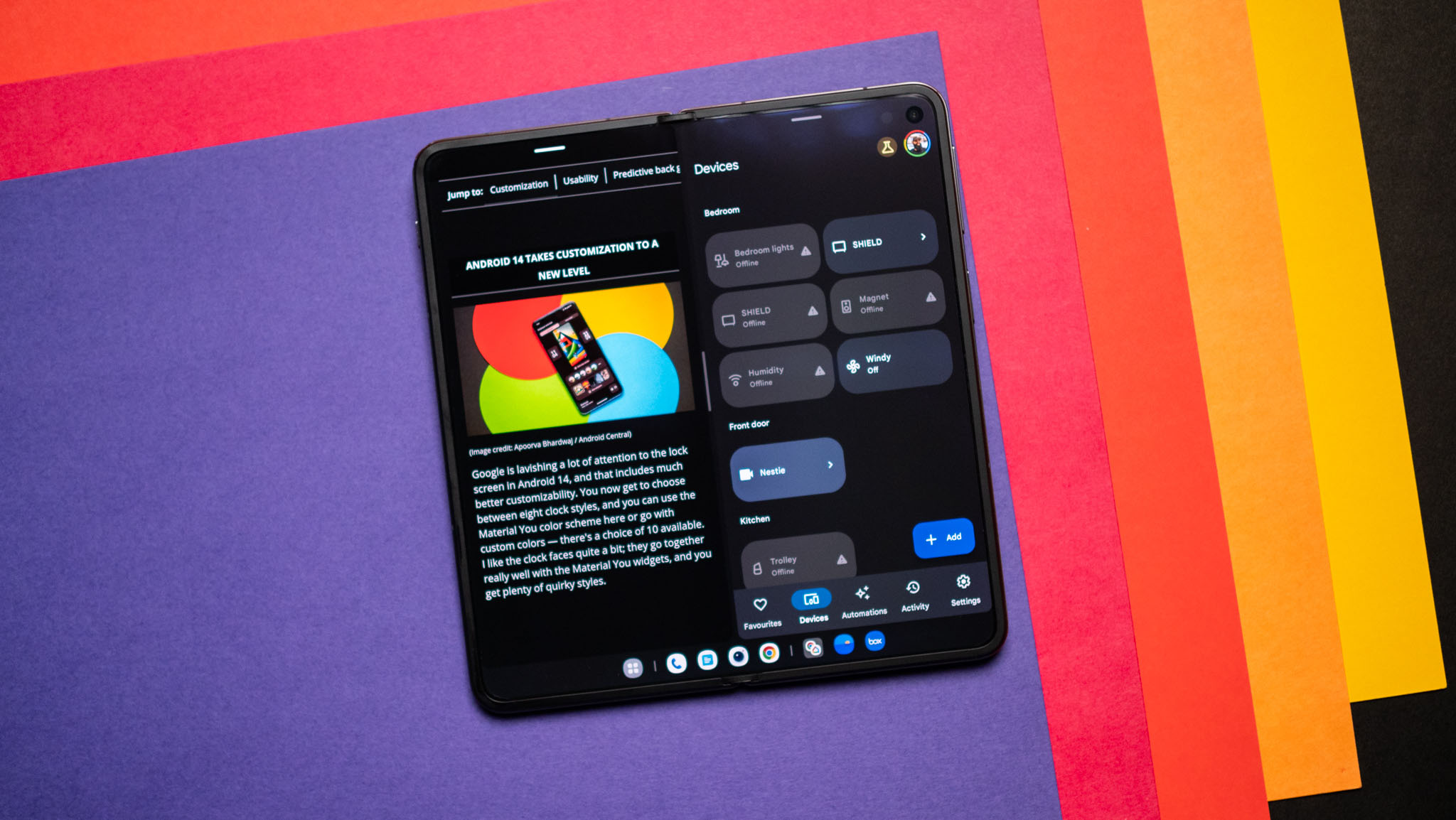
Specifications
Reasons to buy
Reasons to avoid
If you're ready to switch to a foldable, the OnePlus Open should be at the top of your list. This is technically OnePlus's first foldable, but it was manufactured in collaboration with OPPO, so it uses all the learnings gained from the Find N series over the last two years.
The Open has a smoother hinge that's easier to use, and it closes fully flat. But its biggest differentiator compared to others is that there is no visible crease. Also, the size is ideal. The Open is smaller and a lot lighter than the Galaxy Z Fold 5, and the leather back makes it easy to hold.
The Open also has some of the best cameras you'll find on a foldable today. The software also has a lot of extras that let you take full advantage of the flexibility of the foldable form factor, and while I noted several software issues in my OnePlus Open review, those have all been rectified.
Ultimately, the OnePlus Open is a groundbreaking foldable, and it competes well even against the Galaxy Z Fold 6 in all meaningful areas while still somehow being more affordable. There's a new OnePlus Open Apex Edition that's worth checking out if you want a striking shade of red and 1TB storage.
Best value
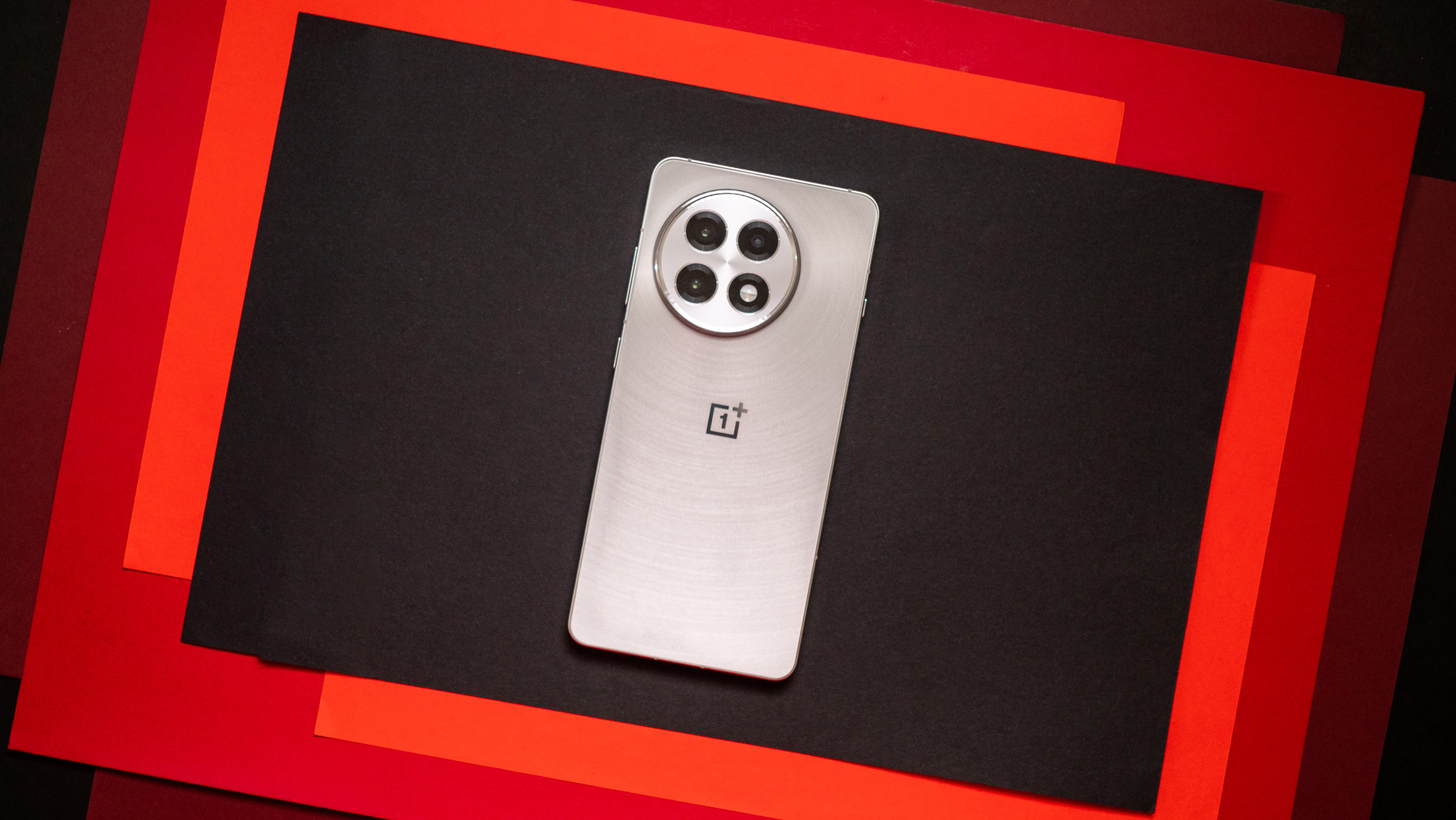
Specifications
Reasons to buy
Reasons to avoid
The OnePlus 13R has the same gorgeous design as the OnePlus 13, and the new finishes give it a clean and sophisticated look. You also get the same insane AMOLED panel up front that goes up to 4,500 nits in HDR content, and it is a joy to use. It's flat this time and is protected by the new Gorilla Glass 7i which is said to have improved scratch resistance.
It may not have the latest Snapdragon 8 Elite, but the Snapdragon 8 Gen 3 in the 13R has more than enough power left over. The larger 6,000mAh battery is one of the largest on any OnePlus phone, and it easily lasts a day and a half without breaking a sweat. The rear macro camera makes way for a more useful 50MP telephoto with 2X zoom, and we thank OnePlus for this change. While you don't get the Hasselblad extras, all the cameras still manage to take standout photos in just about any situation, just shy of the 13's capabilties though.
The auxiliary cameras continue to be a bit of a weak point and aren't as good as the main camera. The other issue is the charging time, which is nearly an hour even with the 80W adapter. This is because the 13R uses a single large battery cell versus dual-cells on the 13, which lets it charge the same capacity much quicker. There's really little else to complain about though when you're paying just $599 for it.
Best mid-range

Specifications
Reasons to buy
Reasons to avoid
The OnePlus Nord 5 launched as part of the company's mid-tier refresh in June, 2025. The design is strikingly different to the Nord 4 and it looks more in line with Samsung's mid-tier offerings. The phone has gotten some big upgrades like a flagship-level Snapdragon 8s Gen 3 SoC, a vastly higher-resolution selfie camera capable of 4K 60p recording, and the global variant gets a massive 6,800mAh battery with 80W wired charging.
The display on the Nord 5 is a bit larger too with a quicker 144Hz refresh rate, making it a perfect tool for competitive gaming. The phone continues to have an IP65 rating for dust and waterproofing, will get four generations of Android OS upgrades, and comes in three colors. Sadly, OnePlus does not officially sell this in the U.S. which is a shame considering the great value it offers.
Best budget pick
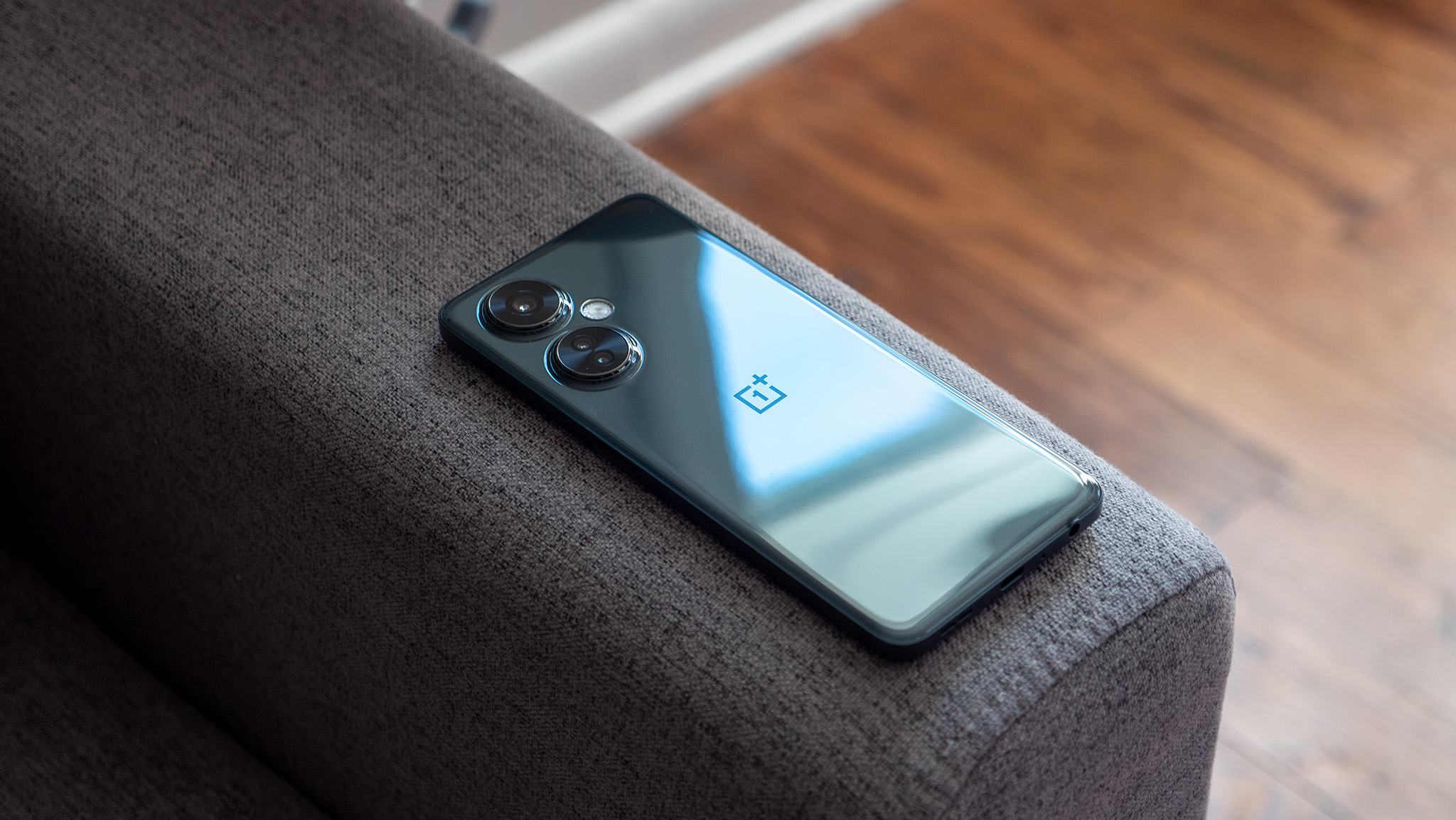
Specifications
Reasons to buy
Reasons to avoid
The Nord N30 isn't the most exciting OnePlus phone, but it is a good option if you want a budget device. Coming in at just $249, it goes up against the likes of Motorola and Nokia's offerings in this category, and you get a 120Hz panel as well, albeit one with an LCD screen.
That said, the device is built to cost, and that is evident when you use it. It is powered by the Snapdragon 695, and you get 8GB of RAM and 128GB of storage. Although it isn't as fast as the OnePlus 11, it is still serviceable in daily use, and does a good job with most games. There's a 108MP camera at the back, and again, it is decent enough in this segment — it doesn't excel in low-light conditions, but in most outdoor situations with decent lighting, it delivers usable shots.
You don't get as many software updates either, and that more than anything else is the biggest limitation with the N30. Still, there's a 5,000mAh battery that lasts a day and a half with ease, and you even get a microSD slot.
Still going strong
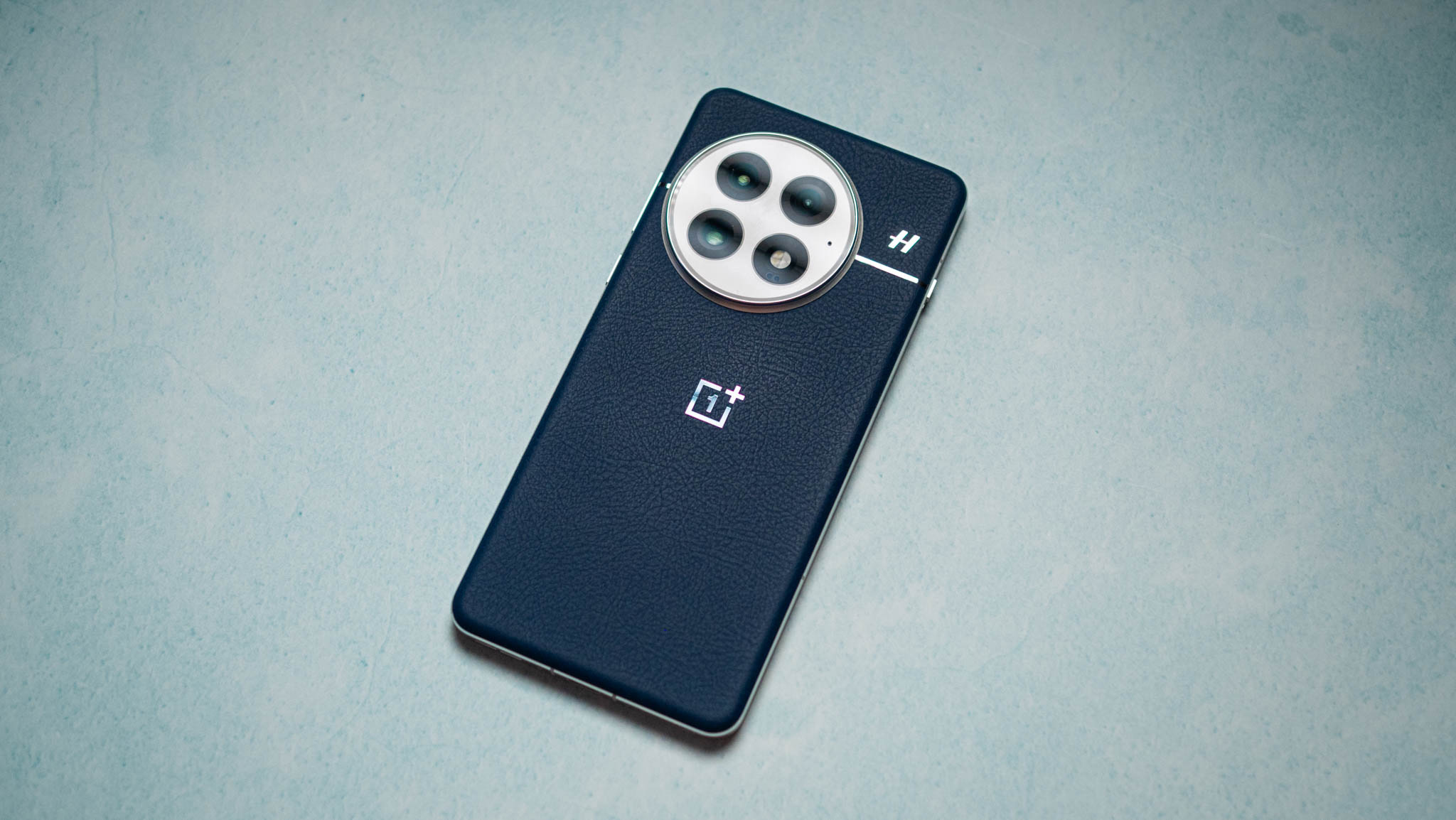
Specifications
Reasons to buy
Reasons to avoid
The OnePlus 13 was the newest OnePlus phone on the block roughly a year ago, and there's no reason to think it isn't an outstanding choice now.
You get cool new finishes and a flatter side frame that's equally comfortable to hold. The OLED display is the same size as last time but it also sports an industry-first Display Mate A++ rating for excellent eye-friendliness and color accuracy. You can throw in a screen protector just for some additional protection. The body is also IP69 rated for extreme water ingress protection which means it can survive a trip to the dishwasher, quite literally!
The OnePlus 13 uses the Snapdragon 8 Elite SoC and four years of OS updates (six for security). The rear cameras also received a big overhaul with three 50MP sensors on the back. OnePlus has really worked on its camera game this time as our extensive camera review proves that it can beat the best Pixel and Galaxy phones currently in the market. In some ways, the camera system may be better than the OnePlus 15.
Battery life has always been OnePlus' strong suit and the 13 dials that up to 11, sporting a massive 6,000mAh battery. What's even more impressive is that it only takes about 30 minutes to charge it fully thanks to the 80W adapter. You can also take advantage of the best cases for the 13 and use the optional Qi2 magnetic fast charger to charge this phone wirelessly at 50W.
How to choose
Upgrade your phone with OnePlus
Why you can trust Android Central
OnePlus makes some of our favorite Android phones, with competitive offerings across a wide range of budgets. OnePlus stands out mainly for its hardware, offering specs that are usually better than the competition without letting the price balloon out of control too much. Software hasn't been the biggest strong point, but OxygenOS 16 changes that dynamic, with the Android 16-based build delivering a clean interface with plenty of customization.
If you've been thinking about trying out a folding phone, the OnePlus Open is one of our favorites with gorgeous displays and fast charging. Notably, the OnePlus Open has one of the best camera systems ever put in a folding phone, so you don't have to give up picture quality. Even though it is over a year old, the foldable is still one of the best around.
Overall, the OnePlus 15 is our top pick thanks to its powerful SoC, the Snapdragon 8 Elite Gen 5, an excellent display, and impressive cameras. This phone has a large battery at 7,300mAh, and it can charge faster than most other phones with up to 120W supported on wired and 50W wireless. If you're looking for one of the most powerful Android phones available with long-term software, the OnePlus 15 is the obvious recommendation.
Do you need a flagship phone?
Flagship phones are the best of the best available and are made to highlight what OnePlus can build rather than focusing on the best value. The OnePlus 15 is impressive, but it is on the costlier end of the scale, and if you're looking to save, you're really not giving up all that much with OnePlus. There's also the new OnePlus 13T which is a more compact version of the 13, but only available in China. It has been rebranded as the 13s for the Indian market, but sadly this won't come to the U.S..
For example, the OnePlus 13R is much more affordable, but it doesn't sacrifice as much as you'd think. In fact, it has got the same great processor from the OnePlus 12 that still has plenty of speed for Android 15, with several years of updates planned. The Nord 5 is an excellent mid-range option, and a huge upgrade over its predecessor in some key areas. If you can find one in the U.S., you should definitely consider it.
Going into the entry-level category, the Nord N30 has 5G connectivity, and excellent battery life. It also keeps some budget phone favorites, the 3.5mm headphone jack and microSD card slot so you can get plenty of storage for your music without needing to spend a small fortune on decent Bluetooth earbuds. Keep in mind that Android 14 is the end of the road for it, so choose wisely.
Get the latest news from Android Central, your trusted companion in the world of Android

Harish Jonnalagadda is Android Central's Senior Editor overseeing mobile coverage. In his current role, he leads the site's coverage of Chinese phone brands, networking products, and AV gear. He has been testing phones for over a decade, and has extensive experience in mobile hardware and the global semiconductor industry. Contact him on Twitter at @chunkynerd.
- Brady SnyderContributor
- Roydon CerejoContributor
